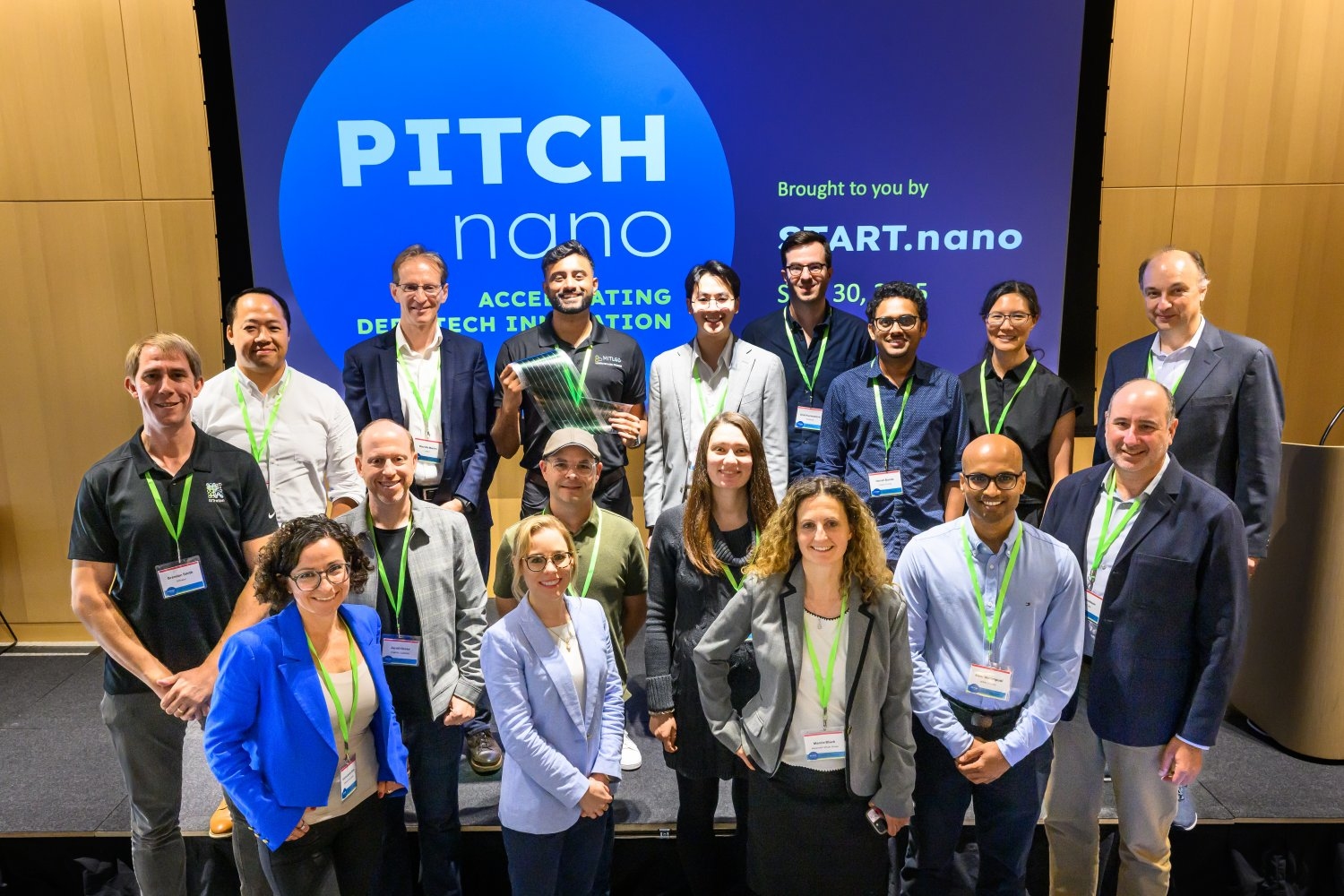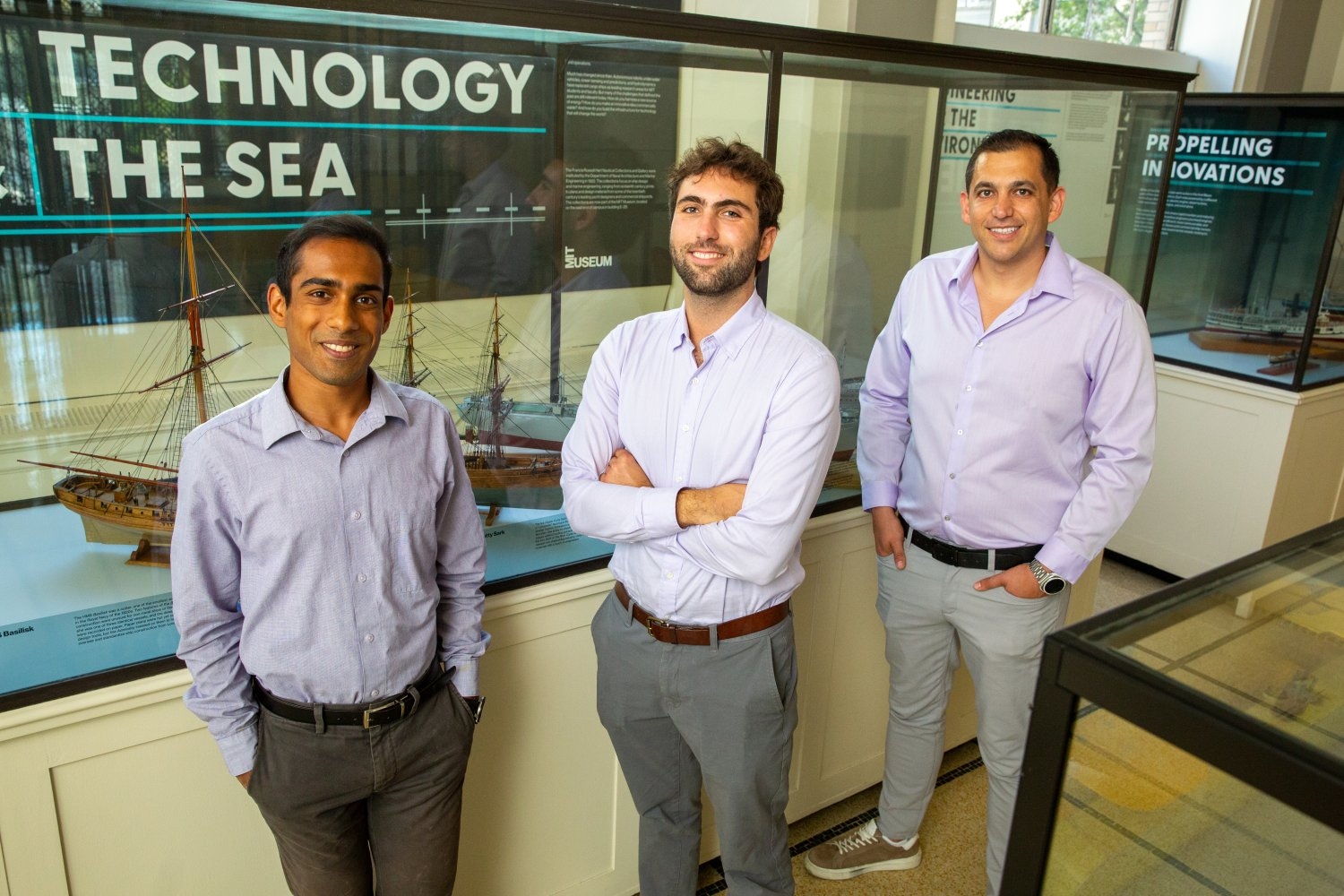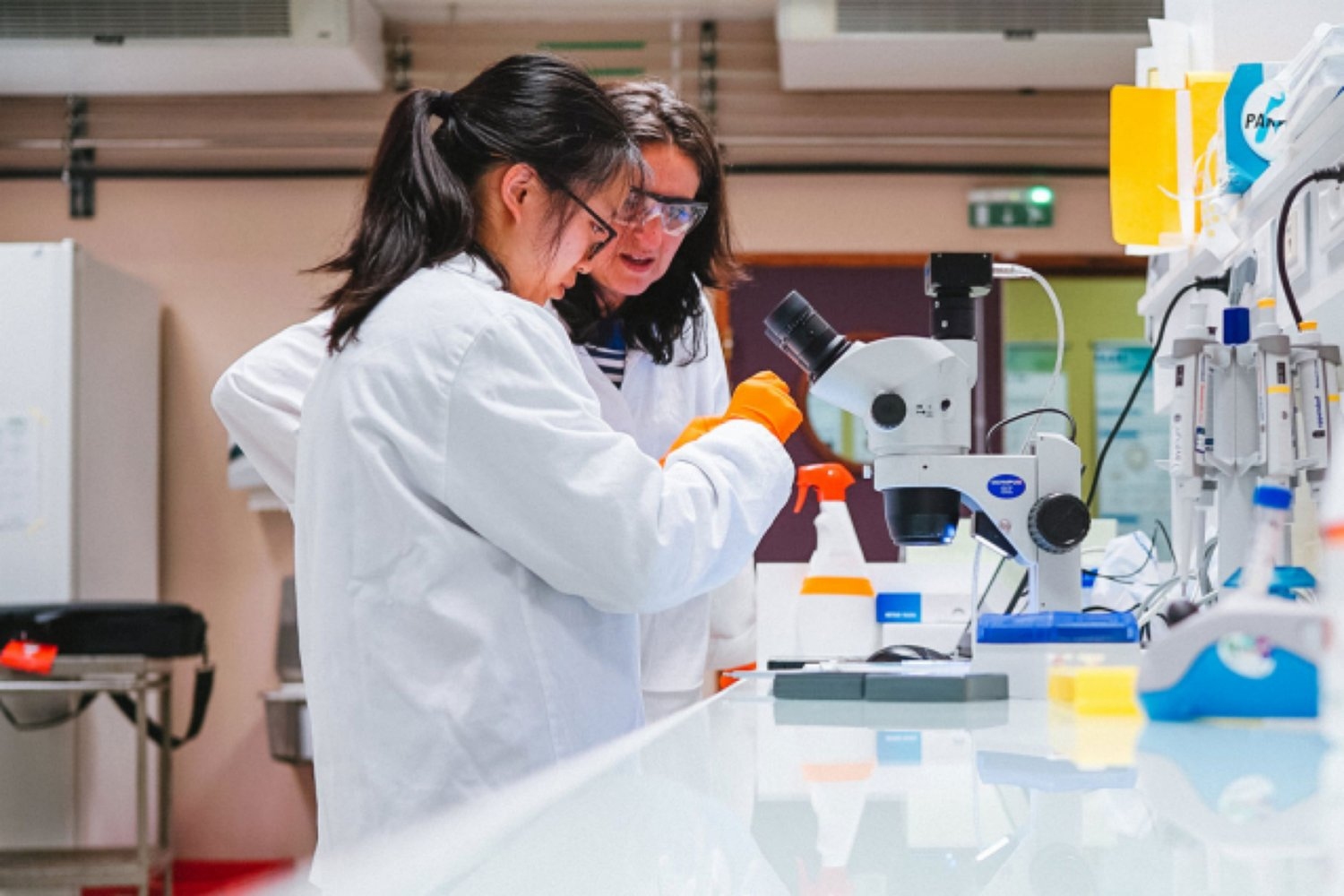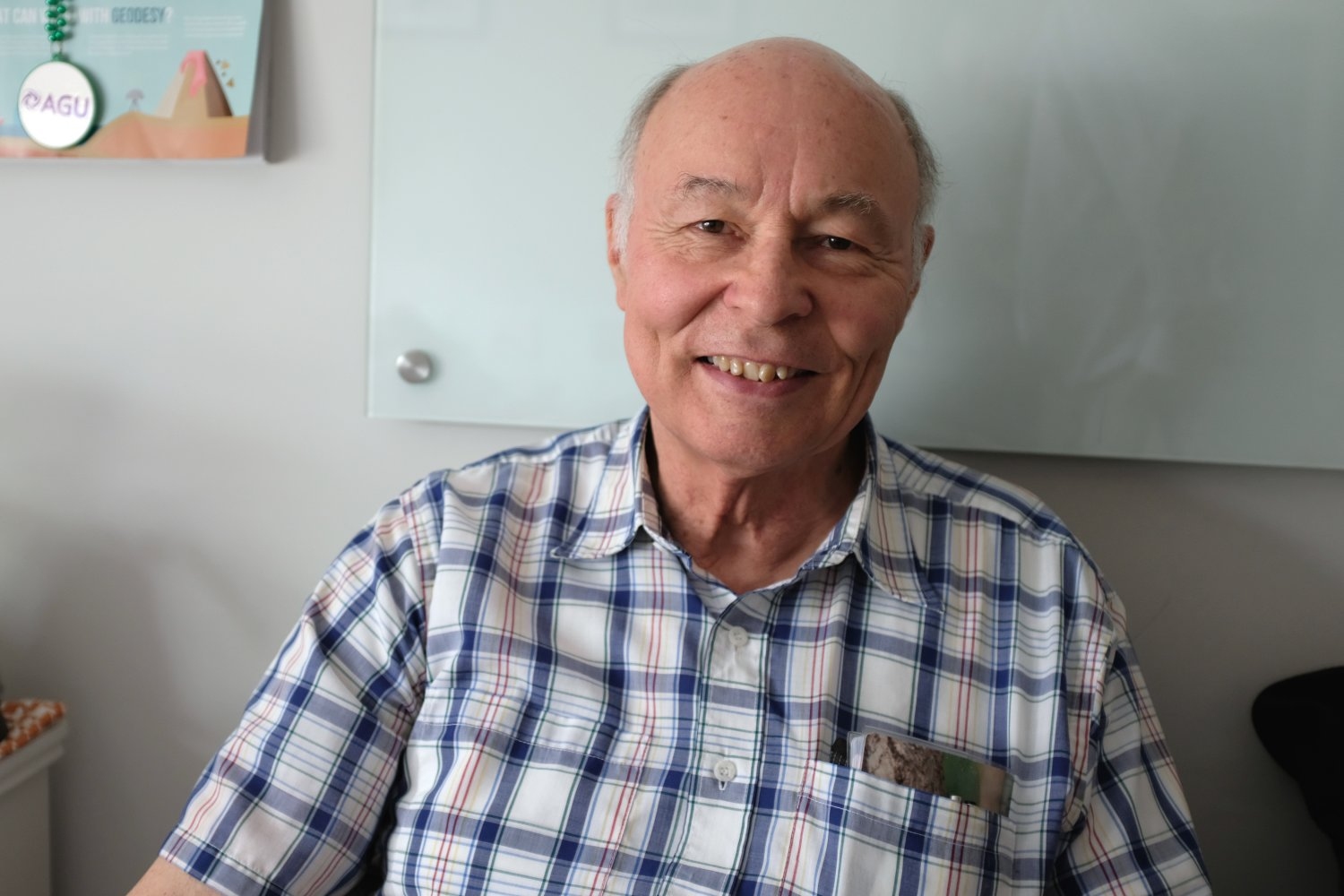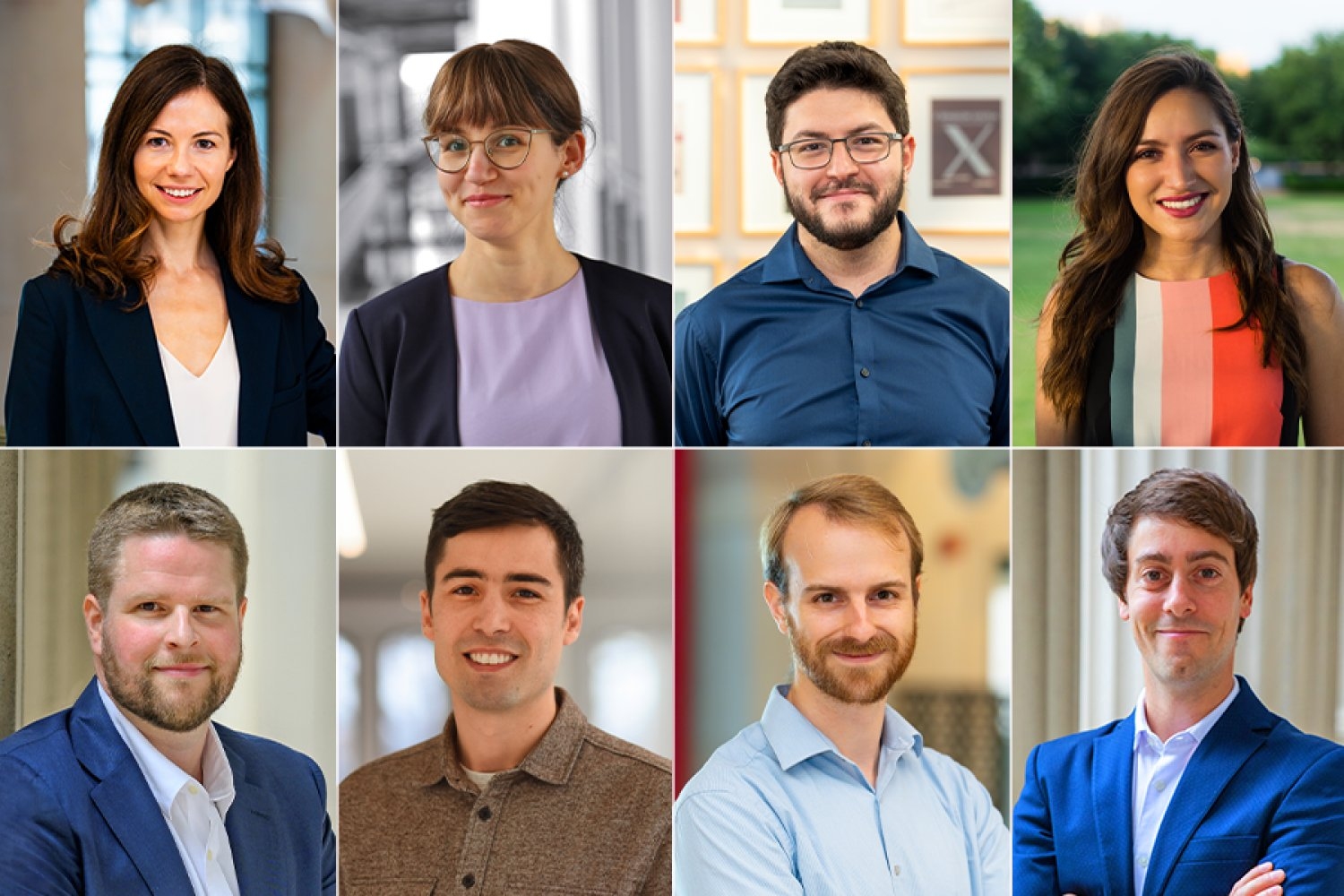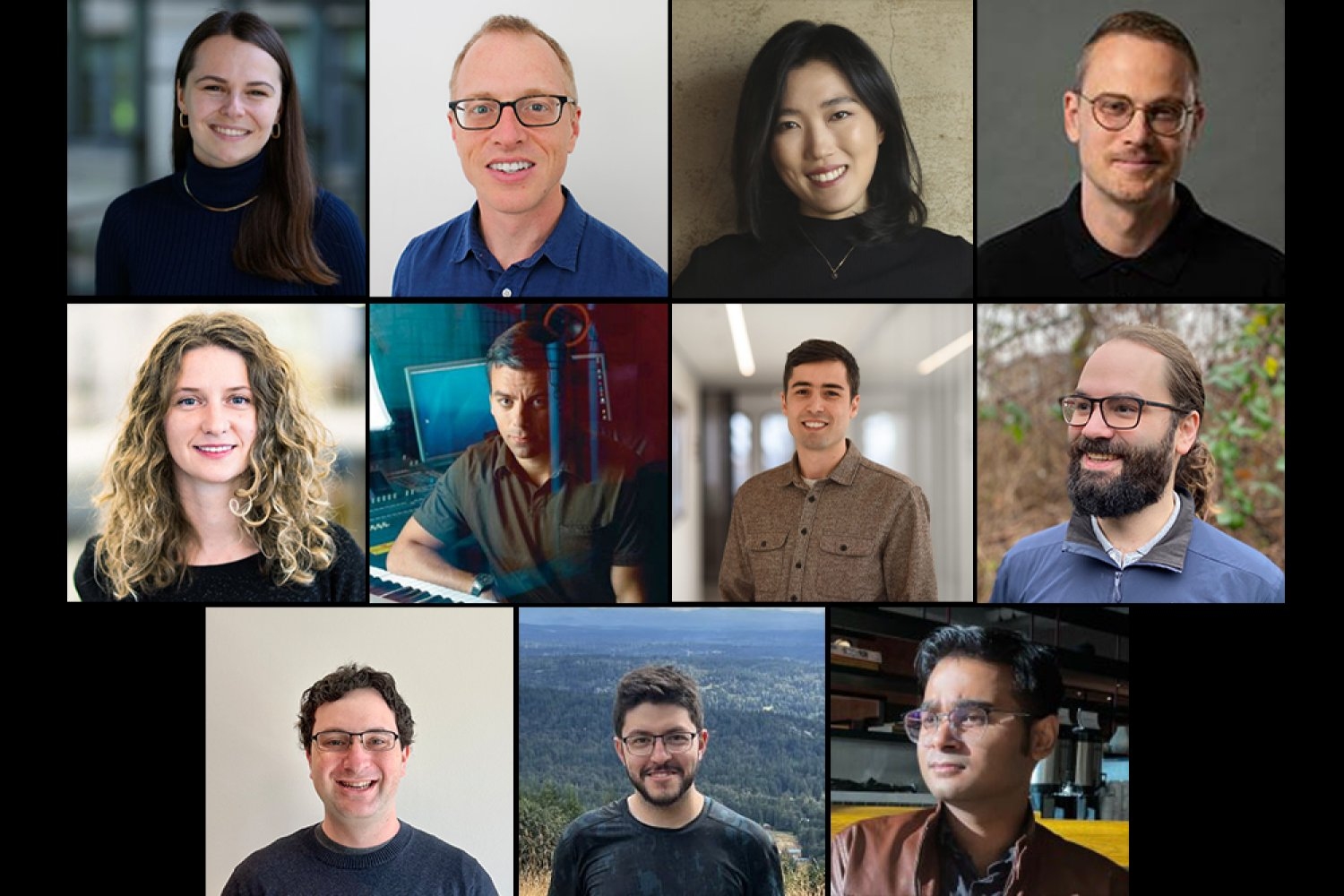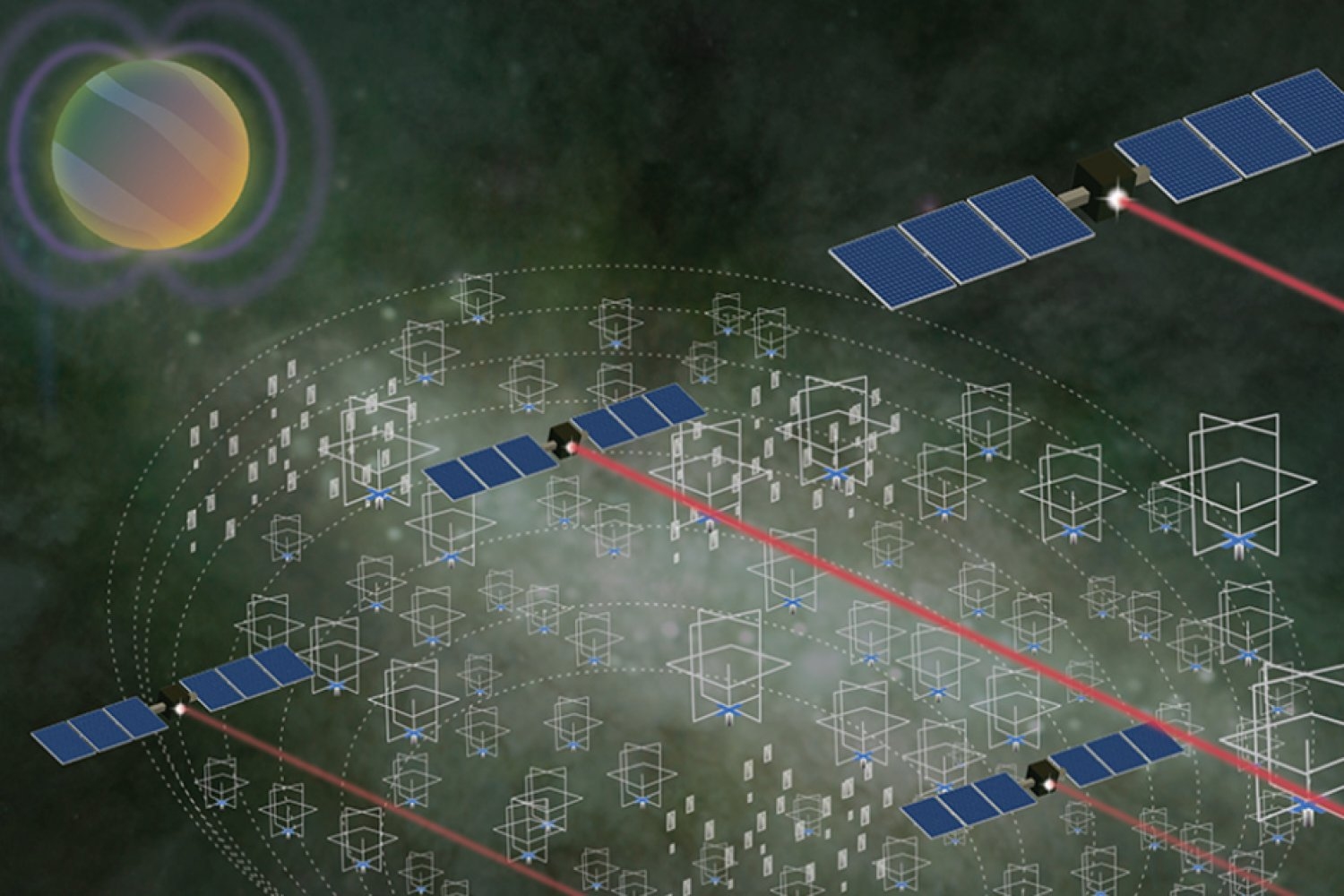Solar energy startup Active Surfaces wins inaugural PITCH.nano competition
The inaugural PITCH.nano competition, hosted by MIT.nano’s hard technology accelerator START.nano, provided a platform for early-stage startups to present their innovations to MIT and Boston’s hard-tech startup ecosystem.
The grand prize winner was Active Surfaces, a startup that is generating renewable energy exactly where it is going to be used through lightweight, flexible solar cells. Active Surfaces says its ultralight, peel-and-stick panels will reimagine how we deploy photovoltaics in the built environment.
Shiv Bhakta MBA ’24, SM ’24, CEO and co-founder, delivered the winning presentation to an audience of entrepreneurs, investors, startup incubators, and industry partners at PITCH.nano on Sept. 30. Active Surfaces received the grand prize of 25,000 nanoBucks — equivalent to $25,000 that can be spent at MIT.nano facilities.
Why has MIT.nano chosen to embrace startup activity as much as we do? asked Vladimir Bulović, MIT.nano faculty director, at the start of PITCH.nano. “We need to make sure that entrepreneurs can be born out of MIT and can take the next technical ideas developed in the lab out into the market, so they can make the next millions of jobs that the world needs.”
The journey of a hard-tech entrepreneur takes at least 10 years and 100 million dollars, explained Bulović. By linking open tool facilities to startup needs, MIT.nano can make those first few years a little bit easier, bringing more startups to the scale-up stage.
“Getting VCs [venture capitalists] to invest in hard tech is challenging,” explained Joyce Wu SM ’00, PhD ’07, START.nano program manager. “Through START.nano, we provide discounted access to MIT.nano’s cleanrooms, characterization tools, and laboratories for startups to build their prototypes and attract investment earlier and with reduced spend. Our goal is to support the translation of fundamental research to real-world solutions in hard tech.”
In addition to discounted access to tools, START.nano helps early-stage companies become part of the MIT and Cambridge innovation network. PITCH.nano, inspired by the MIT 100K Competition, was launched as a new opportunity this year to introduce these hard-tech ventures to the investor and industry community. Twelve startups delivered presentations that were evaluated by a panel of four judges who are, themselves, venture capitalists and startup founders.
“It is amazing to see the quality, diversity, and ingenuity of this inspiring group of startups,” said judge Brendan Smith PhD ’18, CEO of SiTration, a company that was part of the inaugural START.nano cohort. “Together, these founders are demonstrating the power of fundamental hard-tech innovation to solve the world’s greatest challenges, in a way that is both scalable and profitable.”
Startups who presented at PITCH.nano spanned a wide range of focus areas. In the fields of climate, energy, and materials, the audience heard from Addis Energy, Copernic Catalysts, Daqus Energy, VioNano Innovations, Active Surfaces, and Metal Fuels; in life sciences, Acorn Genetics, Advanced Silicon Group, and BioSens8; and in quantum and photonics, Qunett, nOhm Devices, and Brightlight Photonics. The common thread for these companies: They are all using MIT.nano to advance their innovations.
“MIT.nano has been instrumental in compressing our time to market, especially as a company building a novel, physical product,” said Bhakta. “Access to world-class characterization tools — normally out of reach for startups — lets us validate scale-up much faster. The START.nano community accelerates problem-solving, and the nanoBucks award is directly supporting the development of our next prototypes headed to pilot.”
In addition to the grand prize, a 5,000 nanoBucks audience choice award went to Advanced Silicon Group, a startup that is developing a next-generation biosensor to improve testing in pharma and health tech.
Now in its fifth year, START.nano has supported 40 companies spanning a diverse set of market areas — life sciences, clean tech, semiconductors, photonics, quantum, materials, and software. Fourteen START.nano companies have graduated from the program, proving that START.nano is indeed succeeding in its mission to help early-stage ventures advance from prototype to manufacturing. “I believe MIT.nano has a fantastic opportunity here,” said judge Davide Marini, PhD ’03, co-founder and CEO of Inkbit, “to create the leading incubator for hard tech entrepreneurs worldwide.”
START.nano accepts applications on a monthly basis. The program is made possible through the generous support of FEMSA.
Latest MIT News
- MIT Maritime Consortium releases “Nuclear Ship Safety Handbook”First-of-its-kind handbook serves as a guide for design safety for civilian nuclear ships.
- MIT Global Seed Funds catalyze research in over 20 countriesLaunched in 2008, the program has expanded exponentially and spent $30 million on high-impact research.
- Alan Whitney, MIT Haystack Observatory radio astronomer who pioneered very long baseline interferometry, dies at 81Longtime research scientist who served as associate director and interim director helped guide Haystack to decades of influential leadership in the development and refinement of the VLBI technique.
- School of Engineering welcomes new faculty in 2024-25The newest MIT engineering faculty are conducting research across a diverse range of subject areas.
- MIT Schwarzman College of Computing welcomes 11 new faculty for 2025The faculty members occupy core computing and shared positions, bringing varied backgrounds and expertise to the MIT community.
- Lincoln Laboratory and Haystack Observatory team up to unveil hidden parts of the galaxyA proposed telescope made of thousands of tiny, identical satellites will work together to reveal low-frequency radio waves in space.



